Have you ever thought about creatine a true crime unit for your high school English class? True crime has been a hot topic in recent years, with documentaries and podcasts gaining popularity among people of all ages. An exploration of true crime can provide an exciting way to get students interested in learning while also delving into important themes like justice, power, and morality. In this blog post, we’ll explore five reasons why running a true crime unit in your high school English class is a great idea.
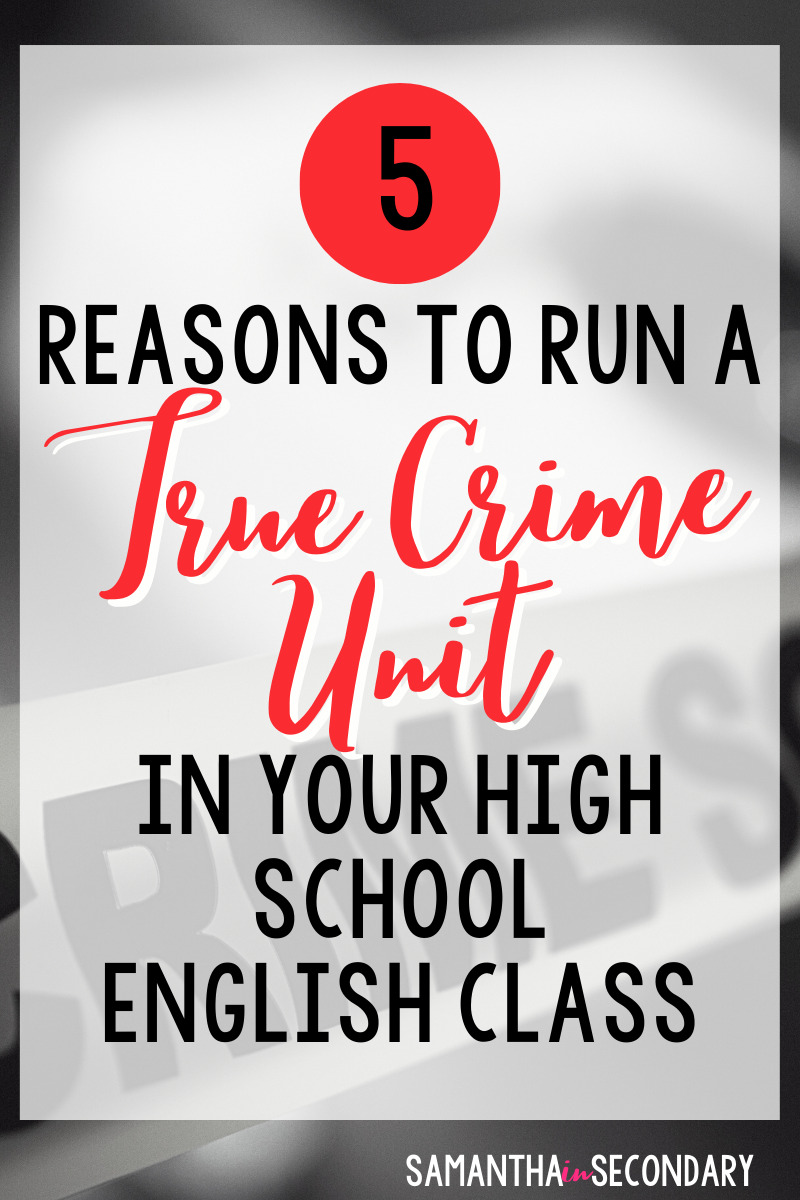
#1: Introduce students to the genre of true crime writing
It’s no surprise that mystery is one of the top-selling genres in the book industry. People are fascinated by true crime and love material that keeps them guessing. True crime is actually a subgenre of mystery. (If you’re looking for a great genre introduction, I have a resource in my store that fits the bill. Click here to check it out.) True crime writing is a truly captivating genre that takes readers closer to the criminal justice system than ever before. It offers readers a unique inside look into the motivations, methods, and investigations behind some of history’s most notorious cases. As students explore this gripping genre, they will be exposed to a range of real-life villains, victims, and investigators along with details such as evidence collected at crime scenes and trial transcripts. Through true crime writing, students can gain a better understanding of the complexities that define criminal prosecutions while sharpening their research and storytelling skills.
#2: Help students develop critical thinking skills
Reading true crime can be a great way for students to hone their critical thinking skills. While it may seem counterintuitive, true crime books provide readers with the opportunity to practice analyzing cases and unraveling clues much like detectives do. From reviewing evidence presented in witness testimony, physical evidence, or circumstantial evidence, readers can practice observing information from multiple angles and draw their own conclusions. As a result of practicing this skill, students are more adept at picking apart key details which allows them to draw valid conclusions that are backed by well-considered evidence. In addition to strengthening critical thinking skills, reading true crime books can also help students learn lessons about life and justice as they explore real-life criminal cases.
#3: Teach students how to analyze evidence and form conclusions
Learning about true crime can be an effective way for students to hone their skills in critically analyzing evidence and drawing informed conclusions. By reading up on interesting cases, students can become familiar with how different sources of evidence can be used to build a compelling argument for or against certain theories. Additionally, looking at varying opinions written about the same crime gives readers a better understanding of the limits of each source of evidence and provides insight into how multiple pieces of information must come together to form a cohesive narrative. With this knowledge, students will be better equipped to construct strong logical arguments and make sound judgement calls when presented with any type of issue.
#4: Encourage students to think about the ethical implications of true crime writing
Exploring true crime through reading can be an intriguing yet important experience for students, as it allows them to gain a deeper understanding of the ethical considerations involved in this genre of writing. Such considerations include topics such as how the writers and readers approach the subject of crime with respect, the risks associated with sensationalizing details of true cases for entertainment, and the potential impact on victims’ families and friends. As readers engage in reading materials from books, documents, articles and other sources related to true crime events, they must carefully consider how their own personal values interact with what is being discussed surrounding these criminal cases. This kind of mental deliberation offers students a valuable opportunity to reflect on their own moral standards alongside more complex societal issues around crime and justice.
#5: Provide a platform for discussing sensitive topics
When discussing sensitive and difficult topics such as crime, reading true crime can provide a valuable platform for learning in the classroom. True crime gives students an opportunity to study the actual events surrounding a situation, rather than providing just an abstract understanding. It helps to ground students’ knowledge of real-world moral dilemmas and challenges that they may be exposed to in the future. Additionally, because true crime is so compelling and real, it has the potential to foster a much more focused and engaged discussion among students that goes beyond surface level talks about morality and legality. Reading true crime is an effective way to generate meaningful conversations in the classroom setting and empower students with important critical thinking skills.
Ready to add True Crime to your curriculum?
If you’re ready to dip your toe into the waters, try my True Crime Close Reading Bundle. This resource features five notorious true crime stories laid out in my tried-and-true close reading process. Place students into five groups and assign each story to a different group. Then, have them share out while comparing and contrasting each case. You’ll be amazed at the rich discussion that comes from teaching True Crime.
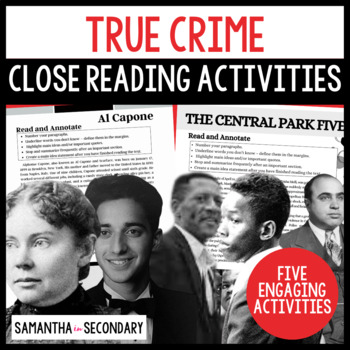
True crime can be a valuable addition to any high school English class. By introducing students to the genre, you can help them develop critical thinking skills, teach them how to analyze evidence and form conclusions, encourage them to think about the ethical implications of true crime writing, and provide a platform for discussing sensitive topics. If you’re interested in incorporating true crime into your classroom, sound off in the comments below or follow me on Instagram to join the conversation.
Happy teaching1

Looking for more fresh ideas for your secondary English Language Arts classroom? Join me for the tips, strategies, and resources you need to take your teaching to the next level right here.



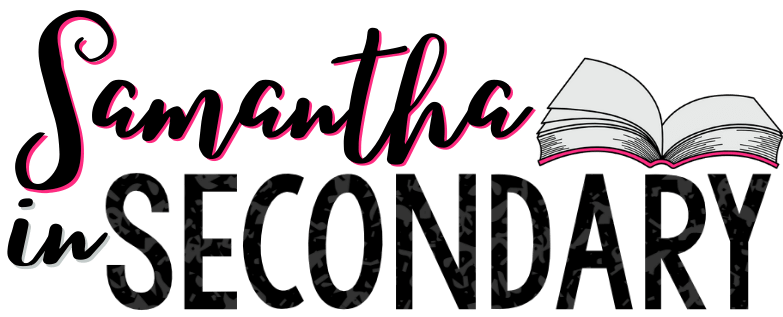



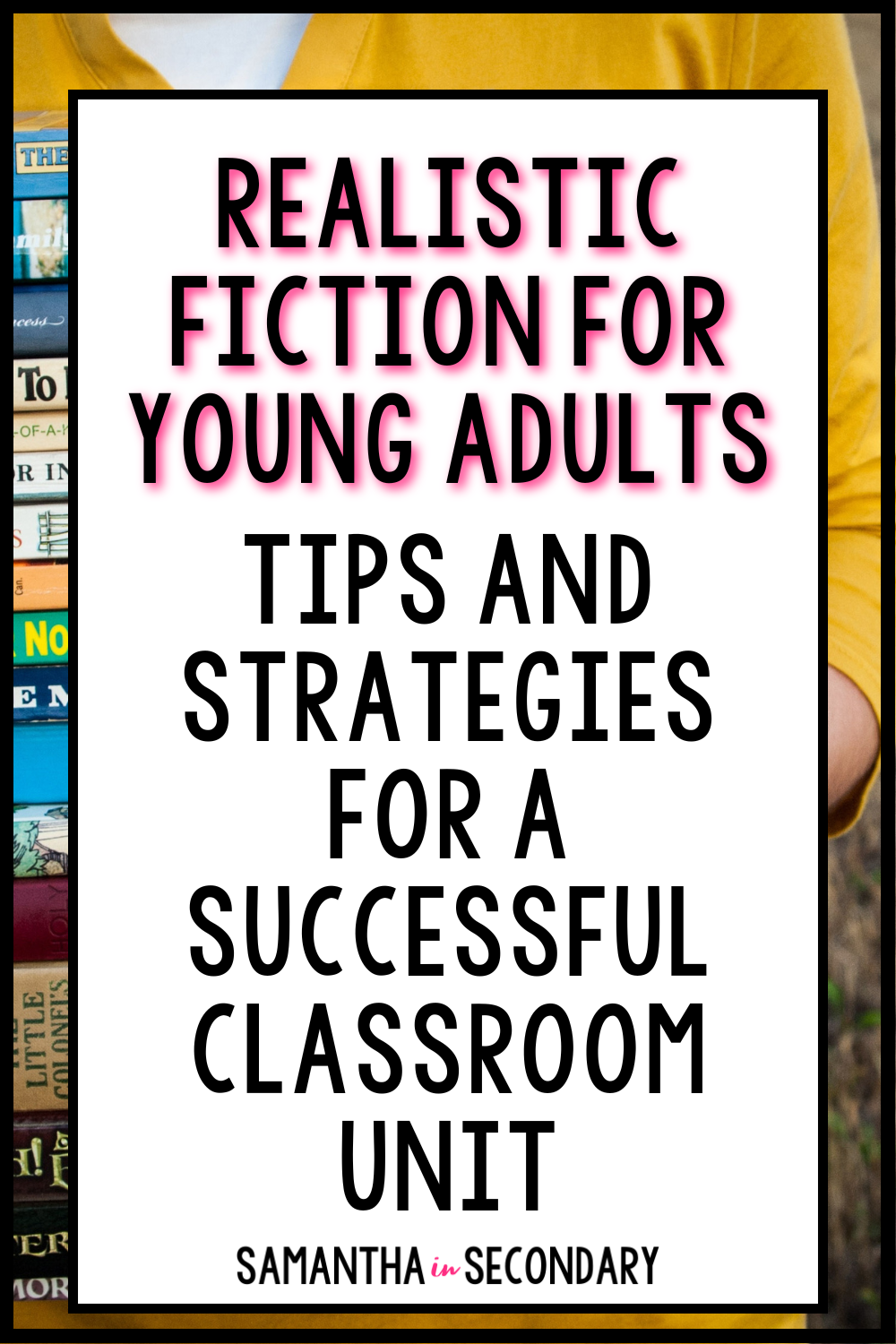

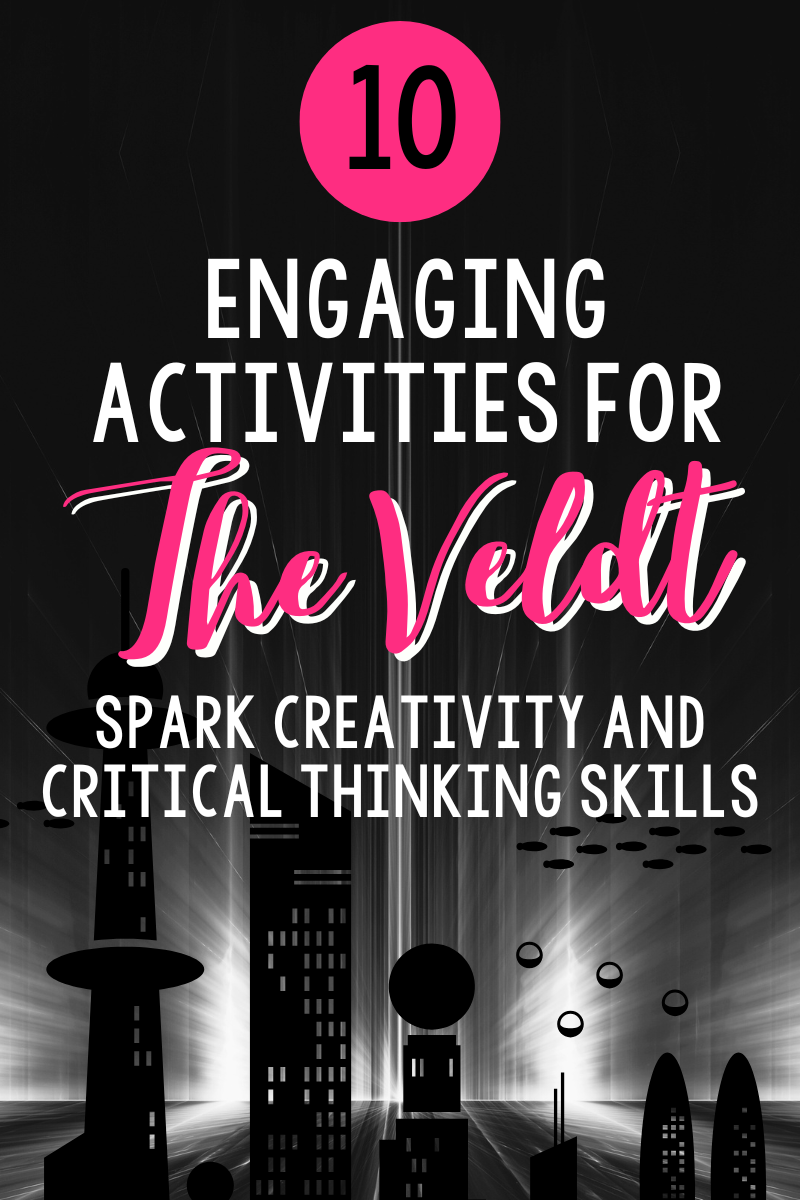


2 Comments
Hello –
I hope you are well. My name is Cody Crooke; I am an English teacher at Upper Dublin High School – a public school in the Philadelphia suburbs. We are in the process of planning a True Crime elective course for the 2023-24 school year. I’d love to chat with you to discuss any core texts that you think should be in any half-year course. I have been thinking about this unit for some time. At this point, In Cold Blood and Serial Season 1 seem to be logical entry points to the genre from the perspective of a book and a podcast.
Thank you for your time and consideration.
Be well –
Hi there! If you check back on Monday, I have a post coming that explains exactly how I would run a true crime unit. Serial and In Cold Blood are both great options, but my #1 choice is Just Mercy. Check out the post and then feel free to e-mail me at samanthainsecondary@gmail.com. I’d be happy to chat with you about the unit. (I also taught in Philly for 7 years, so I know the area well!)
Comments are closed.